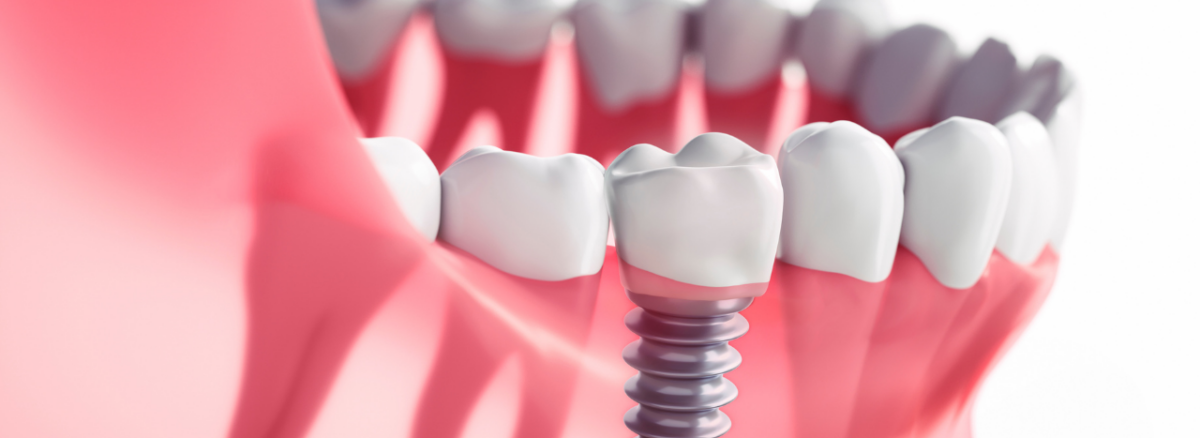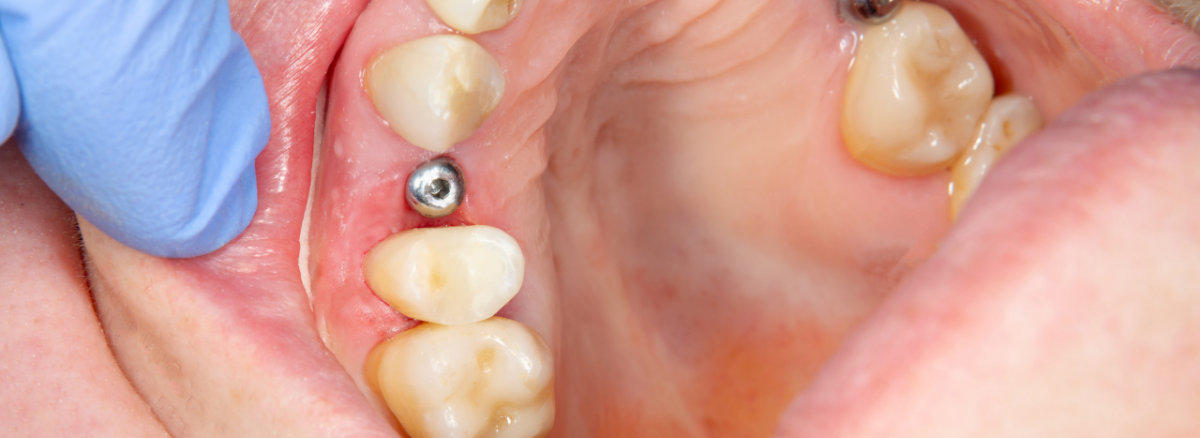
Can I have dental implants?
“Can I have dental implants?” is a very commonly asked question. Let’s dive in…
There is no age limit when it comes to having dental implants. You can be a suitable candidate provided you are relatively healthy and are able to undergo a routine dental appointment, such as a wisdom tooth extraction. Factors that can add to a hassle free implant treatment also include; being a non-smoker, having healthy gums, good oral hygiene and enough jawbone to secure the implant.
It is a common misconception that age plays a large role in whether or not a person can have dental implants. Implants placed in older, healthy patients with a good amount of bone in the jaw can have the same result as it would in younger patients.
However, as we do age, our ability to eat, chew, speak and smile can prove more difficult, which is why dental implants are typically more common in people over 55.
So how do I know if I need dental implants?
Dental implants replace missing or broken teeth. Simple. So if you’re missing a tooth or several teeth or need to replace broken or non-functional teeth, you’re the perfect candidate for dental implants. There are very few exceptions.
The price of your dental implant treatment heavily depends on the condition of your oral hygiene and the current state of your teeth, gums and jaw bone. This is because, if your oral hygiene is in a poor state, the dentist or implantologist will need to get your oral state up to scratch in order to safely and effectively place implants in your mouth which of course costs money.
To get an accurate idea of how much your dental implant treatment will cost, it’s always best to get a free consultation with the dentist, who will assess your mouths condition and also take in-depth scans for reference and analysis.
What factors can lead to me not being suitable?
Certain medical conditions can sometimes mean that you can’t have dental implants, but it is always worth having a consultation to check this first and to never assume. These can included, but are not exclusive to:
- Uncontrolled Diabetes
- Blood Clotting Disorders
- Cancer
- Problems with Immune System
- Drug Abuse
The implant dentist will be able to analyse and assess whether your medical issue is preventing you from having the dental implant treatment.
Another contributing factor to not being able to have dental implants is for anyone below the age of 18 year old. This is because the bone tissue is not fully developed and the jaw and jawbone is still growing and developing.
Can I still have implants if I’ve lost all my teeth?
It is completely possible to replace a whole upper and lower jaw with dental implants through an implant supported, full arch bridge that is permanently fixed. This is secured by four, six, or sometimes even 8 implants, so it acts as a permanently natural set of teeth that can only be removed by a dentist.
The most common treatment for people with little to no teeth in their mouth is the all on four or all on six procedure which is described above.


